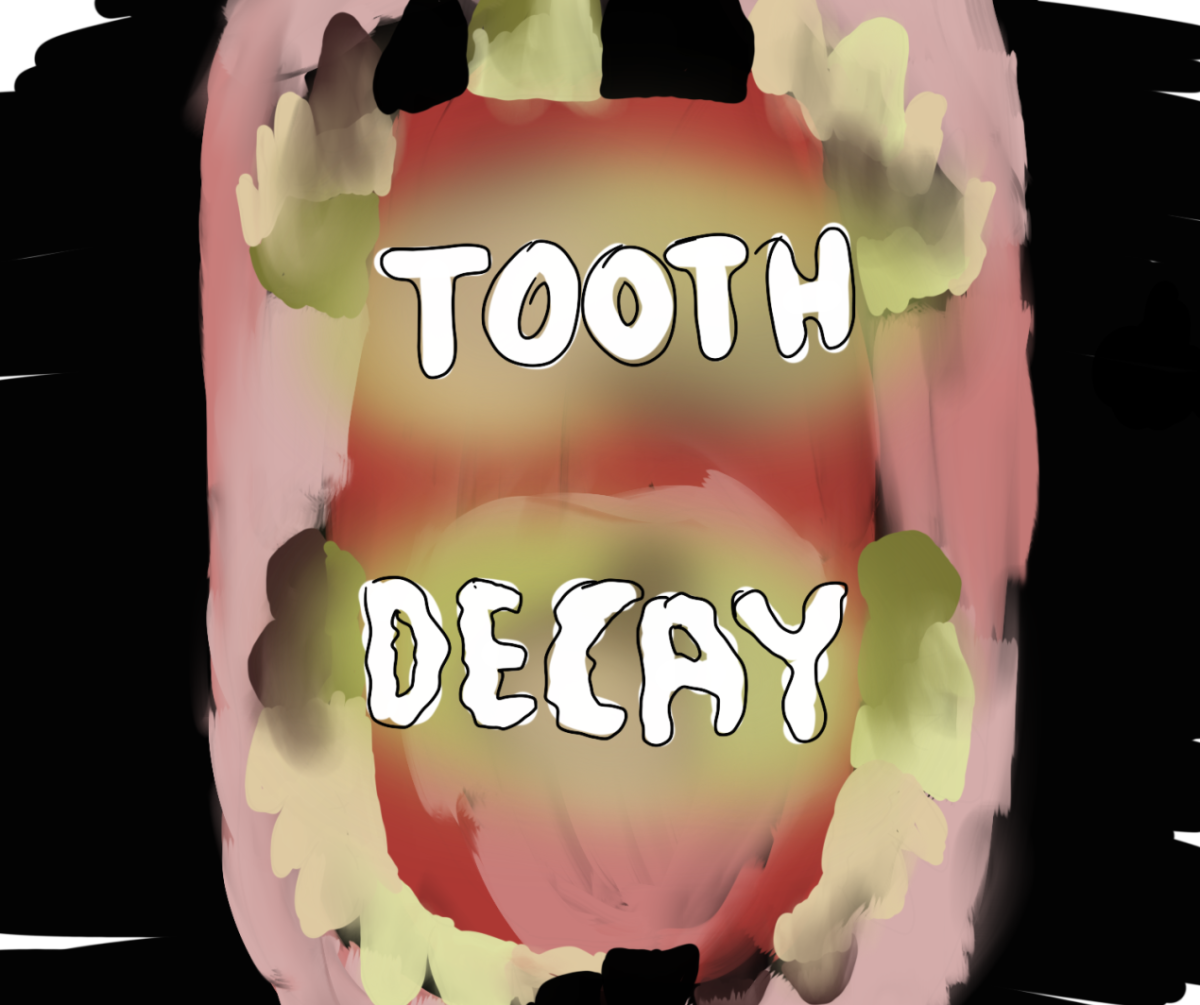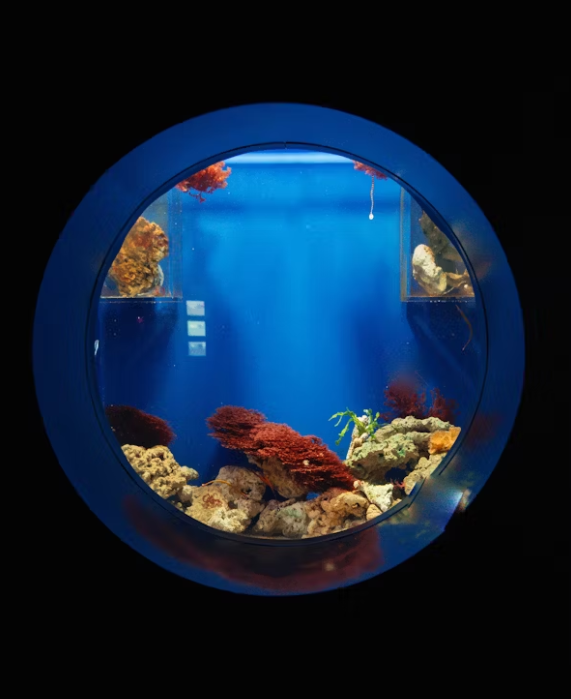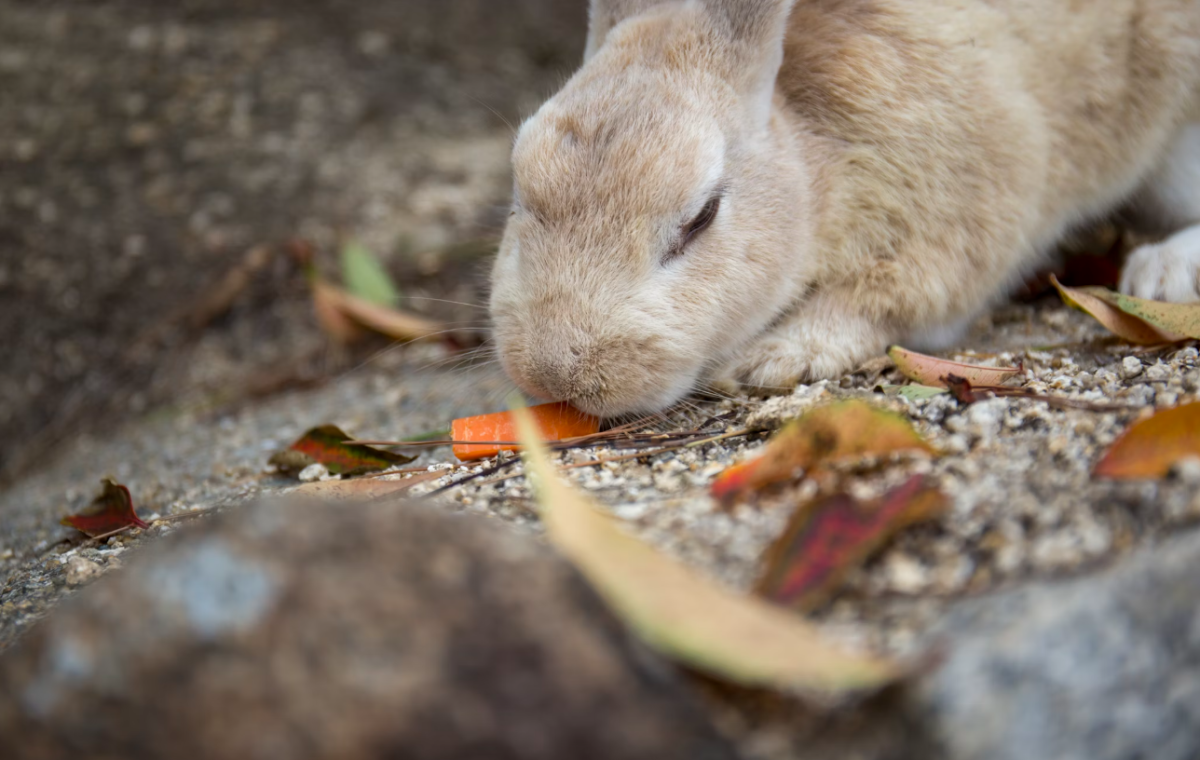
The forest was a peaceful place. In the mornings it was cool, and a thick mist hung over the trees like a spiderweb. A low hum of life pulsated in the swelling dawn; crickets jingled, birds fussed, four-legged things rustled. With the darkness, the last of the night-hunters receded into the woods, their hoots echoing like an almost-forgotten memory.
Eiko and his grandfather trod through the forest. There was a path that connected the outer walls of the shiro to the fringe of the wood, a single silver ribbon that cracked and broke into a pebbly mess at the mouth of trees. Eiko walked in front of his grandfather, brandishing a long stick like a katana and whacking meddlesome weeds out of the way of their path.
“Ah- yah!” he cried, squaring his feet and thrusting the stick like a parry. A clump of white flowers lost their heads.
“Eiko,” his grandfather said, his huge hand closing over his grandson’s clenched fist. “Do not do that.”
“But I am a samurai, Jiji,” argued Eiko. He blinked up at his grandfather, and blew a strand of hair out of his dark eyes with impatience. “It is my job to fight. Ah-yah!” He yanked his stick out of his Jiji’s hand and swung the stick into the trunk of a tree.
Beside him, his Jiji scooped up the flowers and presented them to Eiko on open palms.
“Eiko,” he said again. His voice was like water over rocks. “Come here.” Eiko obeyed, lowering his sword. “Do you see this bud?” He pointed to an unopened blossom in the bier of flowers. “It hadn’t yet come to life. It was not yet its time.” He placed the flowers into Eiko’s small hands. “Samurai do not fight for the sake of fighting. The end always comes. Do not be so quick to hasten the inevitable.”
Eiko met his grandfather’s gaze. His eyes were the colour of the sky at its deepest hour. He tried to imagine those eyes staring out at him from within the shadow of the kabuto that he once wore. An old scar like a tongue of lightning split his left eyebrow into two halves. His mother had always told him stories of Jiji’s warrior past- usually at Eiko’s begging. Some evenings, he would creep into the armoury to gaze upon Jiji’s karuta that now stood like a metal sentinel inside the shrine. In the dim lamplight, its gold and ruby plates winked, and their polished surfaces seemed alive and writhing with flames of war.
It was hard to imagine that his grandfather had once been the daimyo’s most trusted vassal; this man, who mourned dead flowers, and sung poetry under trees on sun-splashed hills. This man, who knew half-a-hundred ways to brew tea.
With the effort of age, Jiji rose to his feet and lumbered up the path, whistling a tune. Eiko glanced at his hands; he buried the flower heads in his pocket and readjusted his sword like a cane.
The path led them to the top of a crest, where the trees thinned and the ground sloped away to reveal vast lands below. Rice-fields and wetlands glittered under the pink dawn, like a map unrolled on a table. Already, the heimin were working in the fields, amigasas dotting the landscape like coins. At the top of the hill, Jiji dug his knuckles into his lower back and groaned.
“Alright my boy,” he said. “Do you have your letters?”
Eiko knew better than to complain. Their routine was always the same: letters first, and then Jiji would spar with him. Eager to get to the second half of his lessons, he shrugged off his satchel and pulled out his equipment.
There was a rock at the top of the hill with a face long smoothed by time. Here, he anchored a sheet of parchment with stones, and propped the ink pot beside it. He dunked the brush into the black pool of ink and swept the first character onto the page.
Jiji tutted.
“Messy,” he chastised. “Again.”
The morning stretched into midday, which stretched into afternoon. As was usually the case, Eiko painted and repainted characters onto the soft paper. Every time, Jiji had something to say. This flick was off, this slope too wide, this tail not sharp enough. He tapped Eiko’s wrist, shoulder, elbow, adjusting his position and grip on the brush in a seemingly endless quest for precision. Once, when he was first learning, Eiko had snapped in impatience. His grandfather had merely looked upon him with his level gaze, and said: “How do you expect to use a sword if you can’t use a brush?” Since that day, Eiko had bitten his tongue and obeyed. As he wrote, he daydreamed about wielding a sword, and wearing armour and looking serenely out on a world that would gaze back, admiringly.
The sun had westered when their lesson was interrupted. There were the sounds of boots crunching and metal clinking first, and then a triad of samurai crested the hill. The tips of their kabutos gleamed in the dying light like a fiery eye. Eiko knew every colour of the samurai ranks, and immediately recognised the red lining of their cloth, which denoted the group as foot-soldiers.
Both Jiji and Eiko rose to their feet, Jiji with surprising sprightliness and Eiko with the energy of a coiled spring. In his excitement, Eiko knocked the inkpot, and black pooled across the page where he had just swirled the characters: 平和.
The men greeted Jiji in recognition, bowing low.
“What brings you here?” Jiji asked.
“An enemy of the state,” was the reply.
Eiko felt a tingle of excitement ripple through his body. An enemy of the state? A real villain! His fingers closed around his stick, which had been resting against the stone. A hundred images of the famous battles woven into imperial tapestries fluttered through his mind, and particularly salient, were the heavy-eyebrowed faces of foes contorted in anger and rage.
The warriors parted, revealing their prisoner. If the enemies of old were lions, then this man was barely a frog. As thin as a reed and barely draped in fabric of a rough weave, there was an air of youth about him, and yet his face was heavily lined with years of toil. His mouth was wide and curled down at the corners, as though smiling was as rare as a new blossom in winter. One of the samurai kicked the man in the back of the knees, and he crumpled to the ground.
In a steady voice, Jiji asked as to the man’s crime.
“A thief,” sniffed one of the soldiers. “He has been stealingrice that he has farmed, rather than surrendering it, as law.” He gave the man another swift kick.
Jiji’s face was unreadable, but his eyes became hard. With amazement and with the slightest flicker of fear, Eiko watched as his grandfather strode over to the farmer, drawn up to his full height and towered above him like thunder. Instinctively, the soldiers stepped backwards, their eyes lowered.
“Leave him with me,” commanded Jiji. “I will use this as an opportunity to lesson my grandson.”
Without a word, the samurai bowed once more, and then retreated. When the hilltop became quiet again, Jiji turned to Eiko. The boy was standing behind the rock, white knuckles gripping his stick and eyes wary.
“Eiko. Come here.”
He came.
“What should a samurai do with this enemy?”
Eiko said nothing, but just stared down at the man, whose head drooped like a flower under rain.
“Well?”
“I- I don’t know,” stammered Eiko. “W-what was his crime again?”
“Why don’t you ask him?”
Eiko swallowed. He didn’t want to, but his grandfather’s expression was stern and watching. He repeated his question of the farmer.
The response came quickly, tumbling rapidly out of the farmer’s broad mouth, as though he were afraid he’d run out of time to speak. Tokugawa Iemitsu forbade farmers to keep any of the crops they grew. They were supposed to submit it all to the daimyo, and wait for it to be handed back as charity; but it had been weeks since the last wagons had come, and the farmer’s family were starving.
Eiko blinked at his grandfather, and back at the farmer. How was this man an enemy? He was just…a man. A hungry man. He gazed at the creases in the farmer’s hands, the sunspots on his neck, the knobs of his elbows. In his bowed position, the bones of his spine protruded from the skin like a mountain range.
His grandfather was waiting, but there was no thunder about him now.
Eiko pulled the flowers out of his pocket and cupped them in two hands. He nudged the farmer with his elbow, gesturing for the man to open his weathered palms, and he handed the petals to him.
“Each petal is a bag of rice,” Eiko said. He wished his voice sounded the way Jiji’s had. “Show these to the wagon-driver. We will make sure he comes. We will tell him to give extra bags to the man with the blossoms.”
For a moment, the farmer was stunned. But then, his frog mouth burst into a grin and a torrent of gratitude gushed from him. After several more bows, thanks, and with gnarled hands cocooning the flowers like gold, he tottered away.
When Eiko turned back around, his chest was warm with something new. His grandfather was by the stone, carefully collecting the tools and packing them into the satchel.
“Let’s go Eiko,” murmured Jiji. A smile tugged at the corner of his mouth. “It is nearly time for tea.”
By the time they left the hilltop, the sun had slipped behind the trees, and all was orange and glimmering. It was sky of koi.
Forgotten, Eiko’s stick remained resting against the stone. In the fading light, it cast a single shadow, like a gnomon marking an imperceptible shift in time.












Nick • May 9, 2024 at 11:51 pm
You should read Vagabond by Takehiko Inoue if you haven’t already Ms Moon.